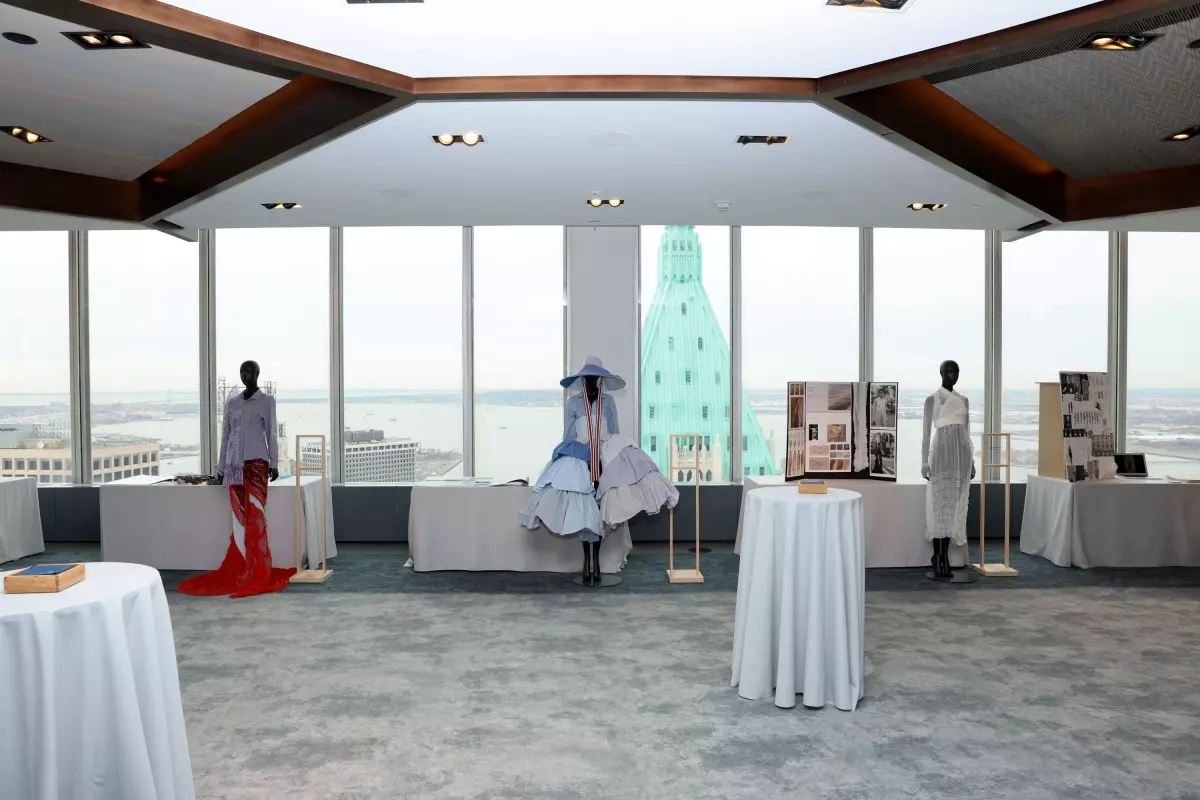As the fashion industry continues to navigate the challenges of creating a sustainable future, mentorship emerges as a powerful tool for driving change. Mentorship not only impacts the younger generation but also influences large businesses, fostering a collaborative effort to achieve sustainability. In this article, we explore the transformative effects of mentorship and its potential to reshape the fashion industry.
Mentorship: Guiding the Next Generation
At the forefront of mentoring future fashion leaders is Dr. Brown, the President of FIT (Fashion Institute of Technology). FIT integrates sustainability into its fashion and design curriculum, enlightening students about the significance of sustainable practices. According to Dr. Brown, teaching sustainability to students is an essential component of holistic education. She emphasizes the importance of incorporating sustainability into design, business, and environmental considerations, fostering a comprehensive understanding of fashion's socio-cultural impact.
Bridging the Gap: Mentorship for Large Businesses
Mentorship in sustainability transcends generational boundaries and extends to established fashion companies. Amer, an expert in the field, asserts that climate change compels businesses to adopt sustainable practices. Companies must initiate changes not only to comply with new policies like the Fashion Act or FABRIC Act but also to meet the evolving demands of sustainability-conscious consumers. Amer underscores the urgency for businesses to embrace sustainability to align with consumer dynamics and secure their future.
 Caption: Sustainable designs from FIT students on display at Marie Claire x Kering's Fashion Our Future event. (Image credit: Getty)
Caption: Sustainable designs from FIT students on display at Marie Claire x Kering's Fashion Our Future event. (Image credit: Getty)
The Consumer's Voice: Driving Change
Today, consumers' growing concern for sustainability carries immense weight in shaping the practices of major fashion businesses. Dr. Brown emphasizes that marketing strategies, advertising campaigns, production processes, textiles, colors, and sizes must all align with sustainability principles. The awareness and preferences of consumers are driving this movement, making sustainability an integral part of the fashion industry's future.
Intersectionality: Encouraging Collaboration
Holzman highlights a critical challenge in the fashion and business world: the lack of communication between these separate communities. Amer proposes intersectionality as the key to bridging this gap. Recognizing that various aspects of the industry are interconnected, Amer emphasizes the need for conversations that acknowledge the impact of one area on another. Dr. Brown agrees, stressing the importance of understanding the interplay between fashion and climate and facilitating dialogue that explores this relationship.
Intergenerational Dialogue: A Source of Wisdom
Empowering individuals to question their fashion choices and promoting a sustainable mindset requires intergenerational dialogues. Amer believes that older generations possess valuable wisdom that can shape the decisions of the younger generation. With their tenacity and unwavering commitment to their ideals, the younger generation offers a fresh perspective that challenges profit-focused systems. By fostering collaboration between different age groups, mentorship encourages an exchange of ideas, ultimately leading to innovative solutions.
Embracing Hope: The Future of Fashion
Both mentors express optimism regarding the future of the fashion industry. Amer draws on his experience participating in a massive climate activist march across the Brooklyn Bridge, noting that such events symbolize the potential for change. Dr. Brown finds hope in the students she works with daily, acknowledging their talent, creativity, and unwavering belief. The young generation's limitless imagination, combined with a sense of purpose, serves as a catalyst for transforming the fashion industry into an eco-friendly realm.
In conclusion, mentorship has the power to revolutionize sustainability in the fashion industry. By guiding the next generation and fostering collaboration between businesses and consumers, mentorship shapes a future where fashion thrives in harmony with the environment. With each mentorship connection formed, the industry takes one step closer towards a brighter, more sustainable future.


















